World Tourism Day 2025 will be a historic milestone for Malaysia. This will be the first time that the country has hosted the global travel celebration, which will take place in Melaka, one of Malaysia's most iconic heritage cities. The theme, 'Tourism and Sustainable Transformation', responds to the global call for responsible travel, environmental friendliness and community-based action.
For travellers, it is not just another event, but an invitation to explore some of the most sustainable places in Malaysia, where nature, culture, and people coexist. Malaysia is showing the world how tourism can effect positive change, from pristine rainforests to UNESCO heritage cities.
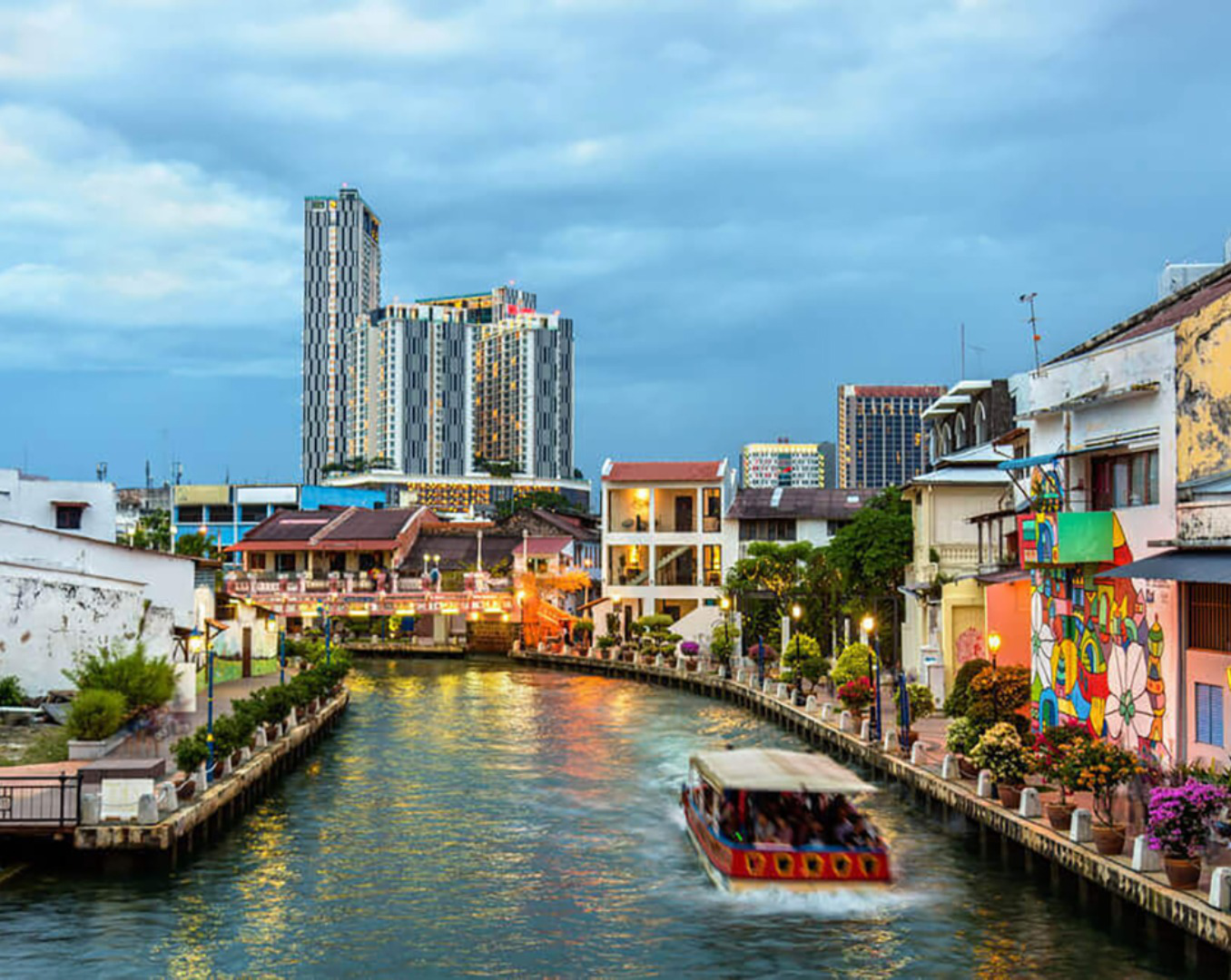
Melaka is a UNESCO World Heritage City with a rich history as a multicultural trading hub. Every year, millions of tourists come to enjoy its heritage architecture, street art and food culture. Today, the city is a leader in sustainable tourism programmes, including heritage restoration programmes, as well as environmentally friendly walking tours. These initiatives help to reduce the city's carbon footprint while maintaining its cultural heritage.
Melaka has adopted green city planning. River clean-up initiatives, bike lanes, community-based markets and other activities emphasise the city's focus on growth and sustainability. Tourists are given the chance to experience authentic tourism without contributing to over-tourism.
By hosting World Tourism Day 2025 in Malaysia, it will be in the global spotlight. Policymakers, industry players and eco-tourism enthusiasts will gather in Melaka, strengthening Malaysia's position as a leading eco-tourism destination in Southeast Asia.
The United Nations World Tourism Organisation (UNWTO) has highlighted the necessity to have more inclusive, resilient and environmentally responsible tourism. Sustainable change is not a choice anymore with such issues as climate change and cultural erosion. Malaysia is taking steps to become a world leader by:
Investing in environmentally sensitive activities, such as environmental conservation initiatives and eco-friendly resorts.
Empowering communities through artisanal markets, locally led tours and sustainable farming.
This is in line with the UNWTO's agenda of demonstrating regenerative and ethical tourism.
Malaysia is an excellent destination for eco-conscious tourists, offering a wide variety of rainforests, islands, mountains and heritage cities. These destinations are distinguished for their commitment to sustainable tourism and cultural preservation.
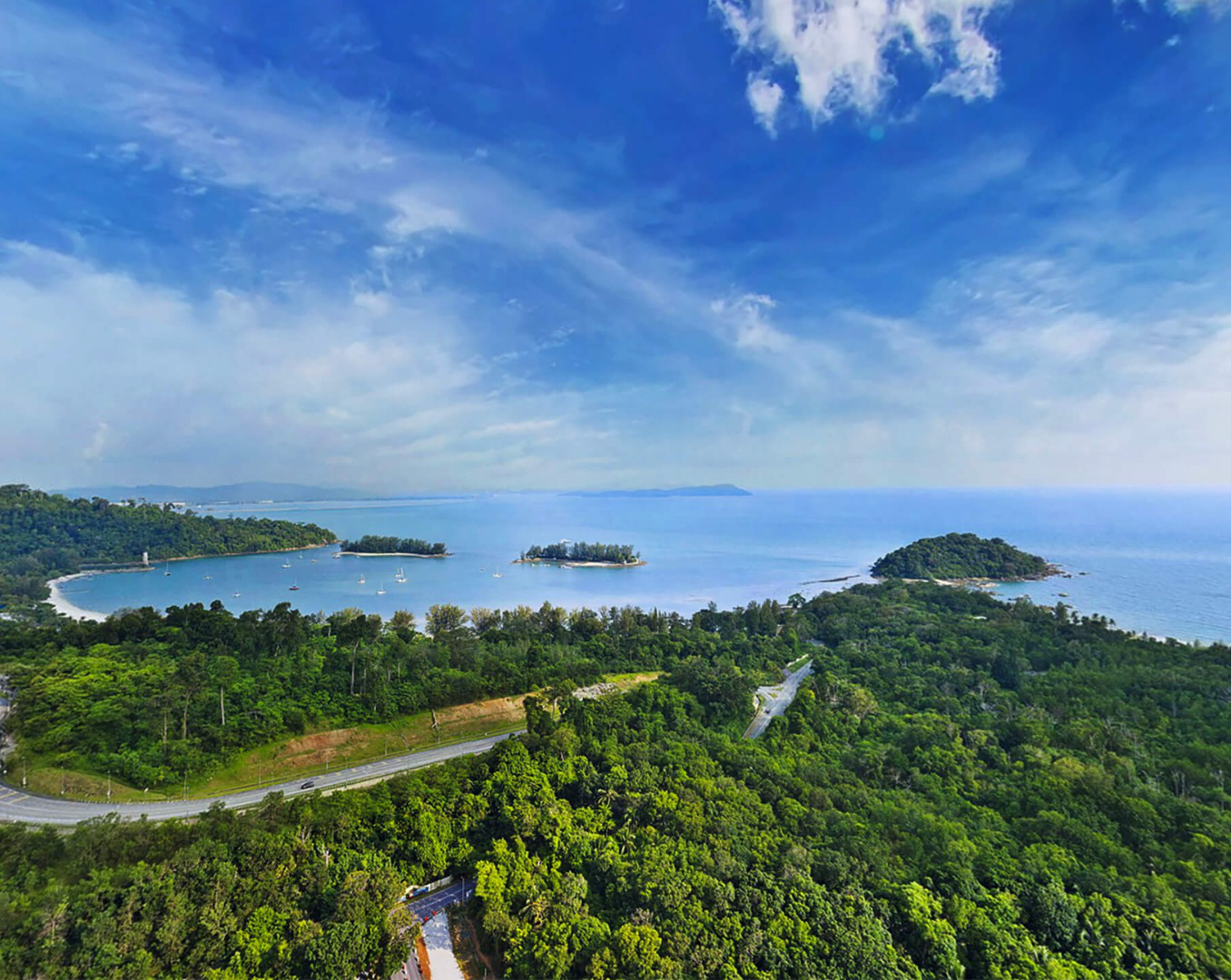
Langkawi is a UNESCO Global Geopark, making it an ideal place for low-impact adventures. Tourists will have the opportunity to kayak among mangroves and observe wildlife, as well as explore islands and contribute to local fishing communities that preserve the marine environment.
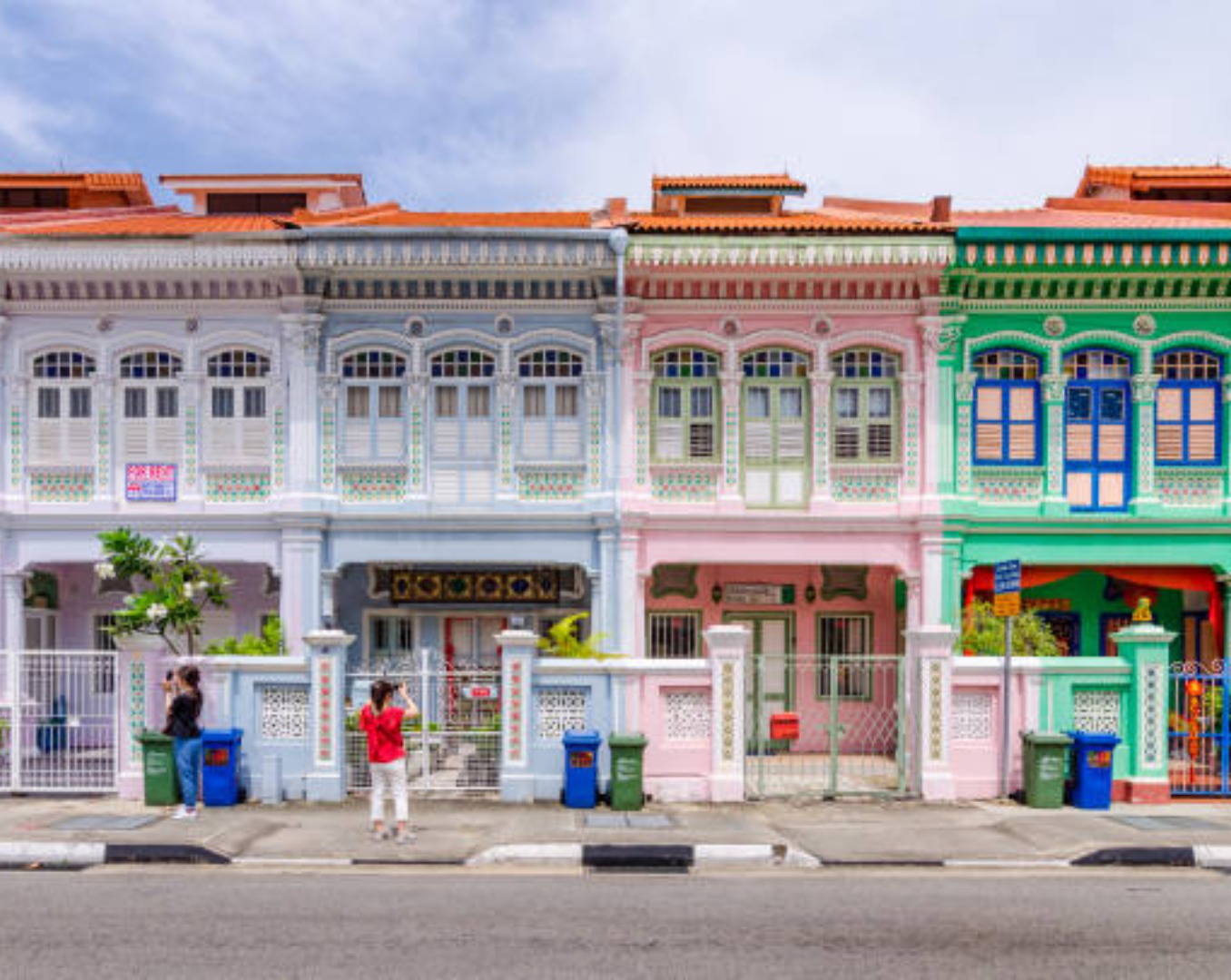
Penang is a blend of rich culture and green living. In George Town, historical buildings, cycling trails and green spaces allow travellers to enjoy the city while minimising their environmental impact.
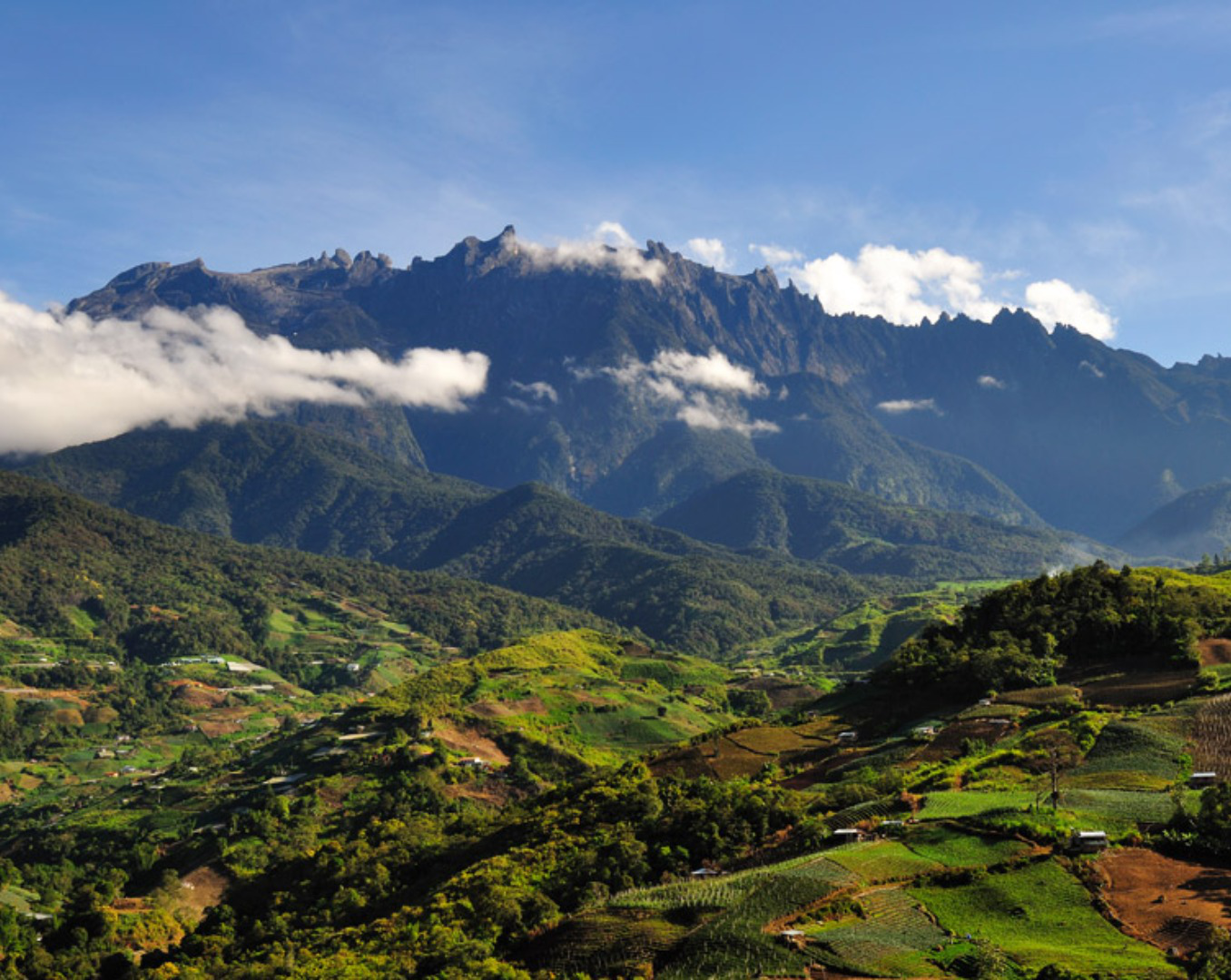
Sabah is home to a diverse range of flora and fauna, including the Kinabalu Park and Sipadan Island. Treks, eco-lodges and ethical diving are all regulated to ensure tourism directly contributes to conservation.
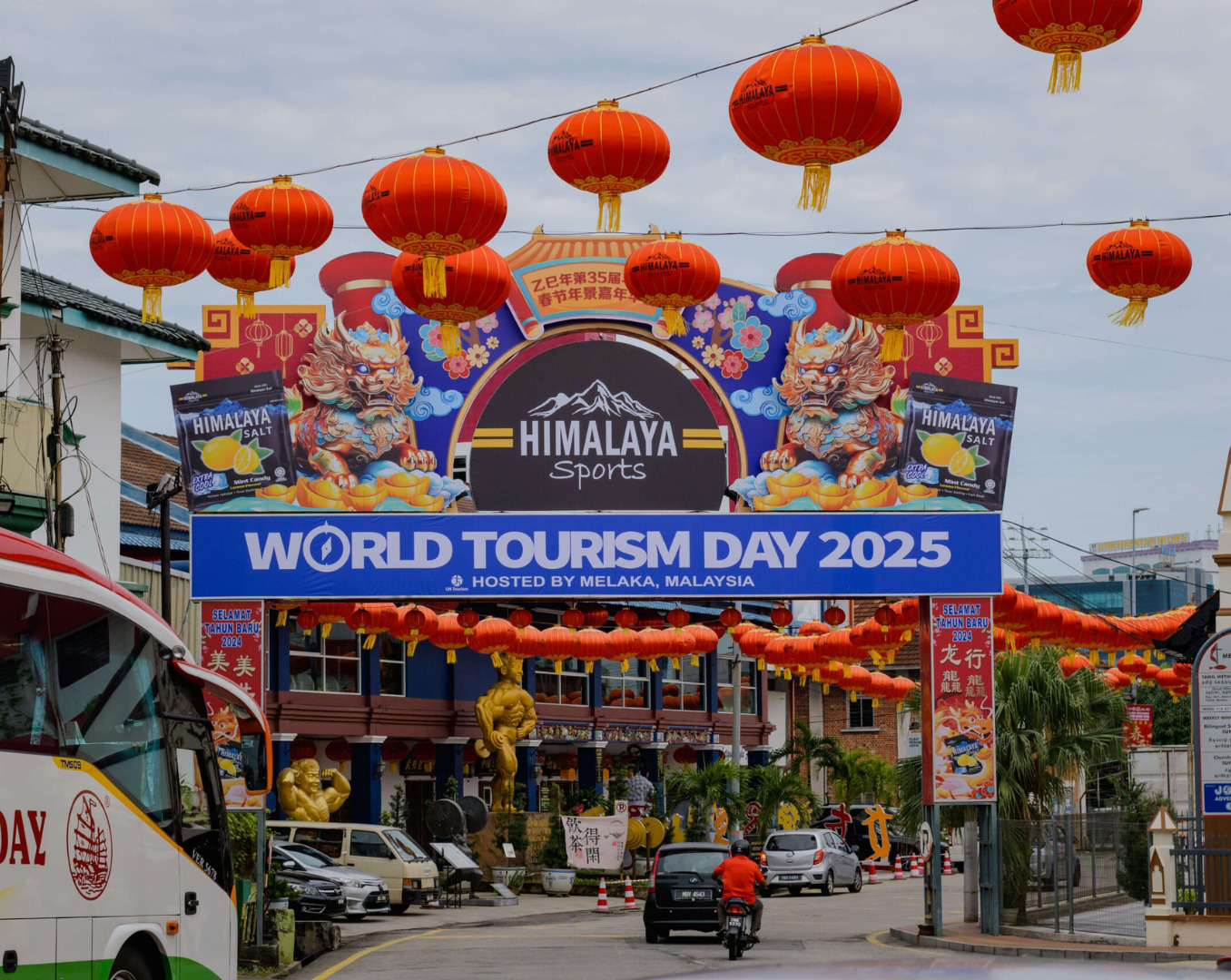
As the host of World Tourism Day 2025, Melaka is focusing on sustainable urban tourism. Walking tours, cycling trails and eco-homestays allow tourists to enjoy the heritage while helping to develop the local communities.
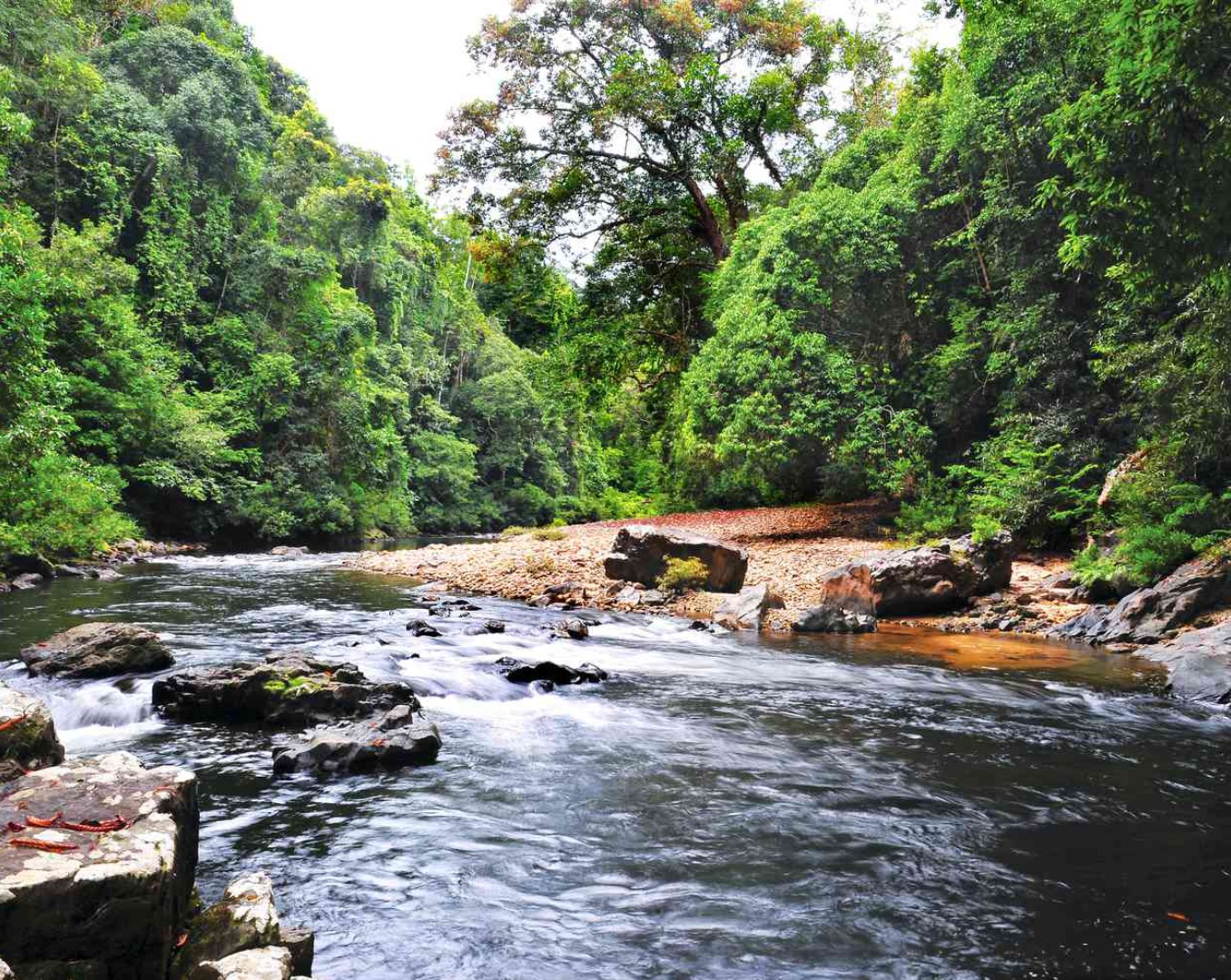
Taman Negara is one of the world's oldest rainforests. It offers canopy walks, river trips and wildlife viewing, all of which are carefully managed to preserve biodiversity.
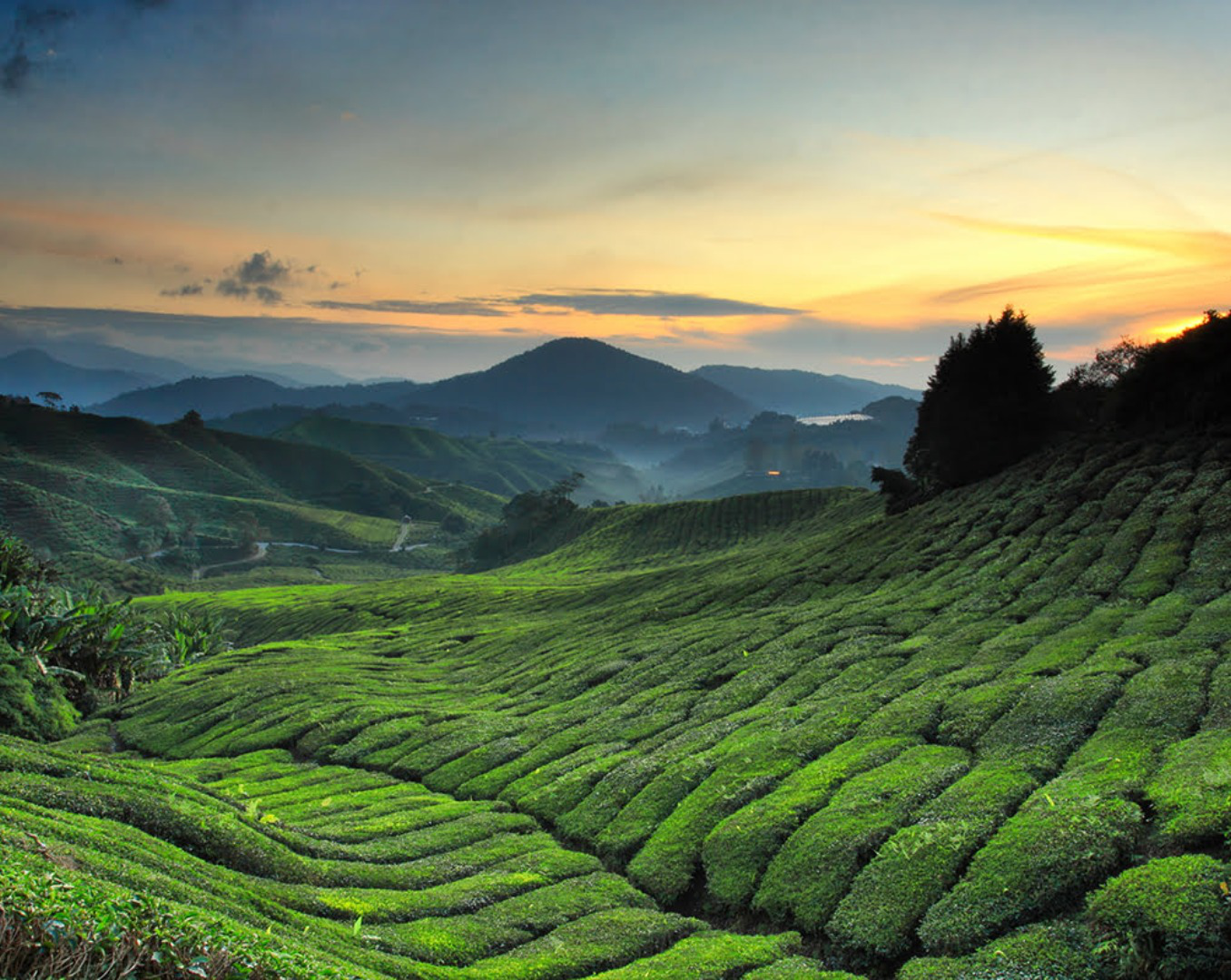
The Cameron Highlands are well known for their tea plantations and cool mountain air, but they are now also a symbol of regenerative tourism. Eco-destinations, organic farms and nature strolls encourage visitors to travel responsibly and support local farmers.
The fact that World Tourism Day is being held in Melaka is more than just symbolic:
Malaysia will become a pioneer in eco-tourism and sustainable hospitality, achieving international fame.
Innovation in tourism will see an increase in green infrastructure, renewable energy resorts and zero-waste policies.
Community empowerment: indigenous communities, artisans and local farmers will have more opportunities to raise their profile and be treated fairly.
In the long term, tourism will be less volume-oriented and more value-oriented, promoting responsible and inclusive travel.
Q1: What is the theme of World Tourism Day 2025?
A1: "Tourism and Sustainable Change," devoted to environmentally friendly, responsible, and conscious travelling.
Q2: Where will it be held?
A2: Melaka, Malaysia a UNESCO World Heritage City.
Q3: What is the importance of sustainable tourism?
A3: It conserves natural resources, reduces carbon emissions, benefits local communities and safeguards cultural heritage.
Q4: What are the most eco-tourism sites in Malaysia?
A4: Langkawi Geopark, Penang, Sabah (Kinabalu and Sipadan), Melaka, Taman Negara and Cameron Highlands.
Q5: What are some of the eco-friendly activities that travellers can engage in?
A5: Jungle trekking, heritage walking tours, ethical diving, eco-farming, cycling and cultural homestays.
Q6: What does Malaysia do to assist the local communities?
A6: Locally by community-based tourism, artisanal markets, eco-lodges and festivals.
Q7: What role does UNWTO play?
A7: The UNWTO hosts the World Tourism Day every year to promote inclusive, resilient and sustainable travel worldwide.
Conclusion
By hosting the World Tourism Day 2025, Malaysia is showing the world that tourism can be beneficial. The country has many eco-tourism attractions, including the rainforests of Taman Negara, the marine sanctuaries of Sabah, and the heritage sites of Melaka and Penang.
Malaysia is embracing the world, inviting people to visit responsibly, ensuring that every journey contributes to a larger narrative of green revolution, cultural preservation and sustainable development.
A visit to Malaysia in 2025 and beyond should be more than just a holiday; it should be an investment in a better planet.